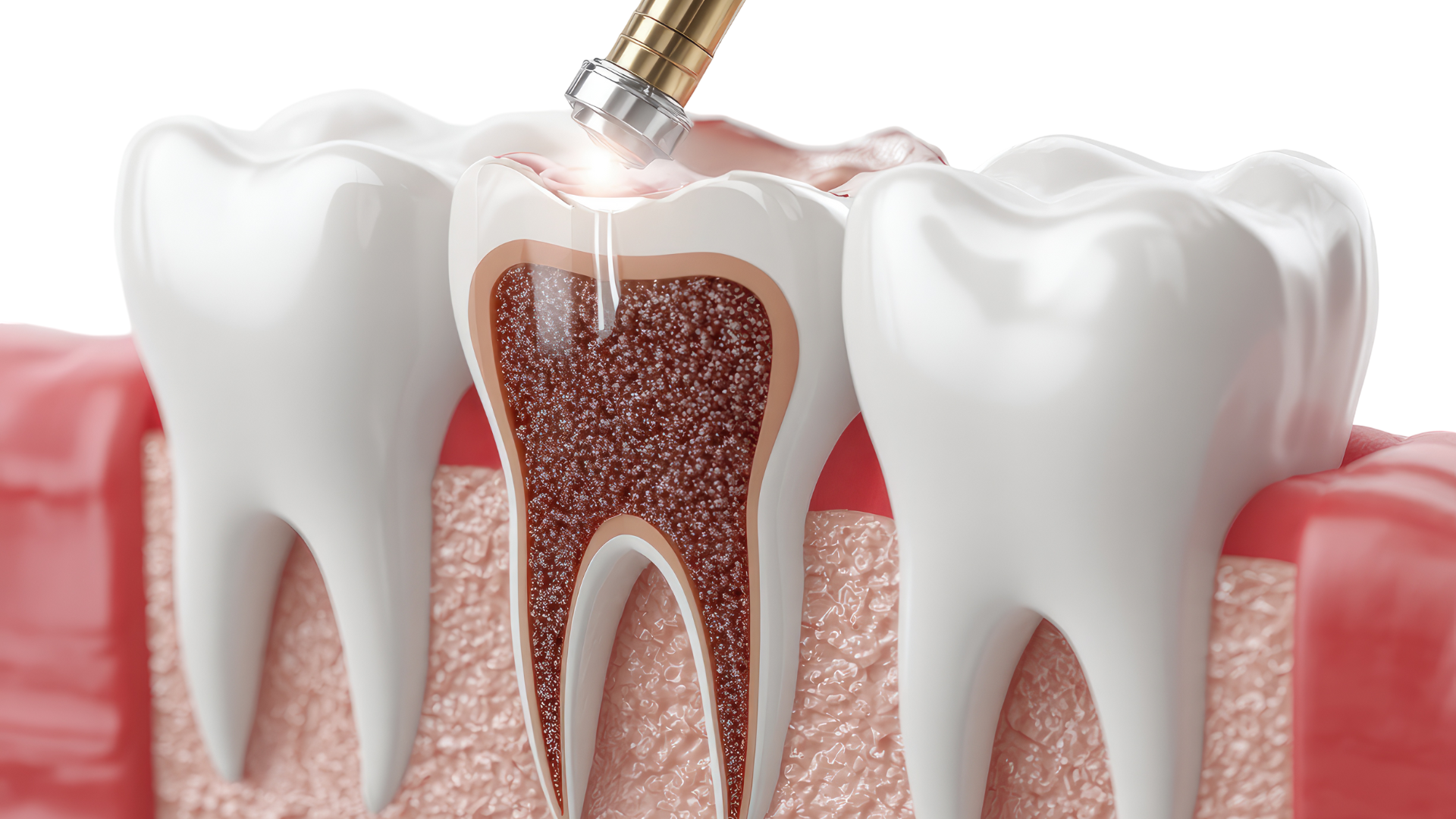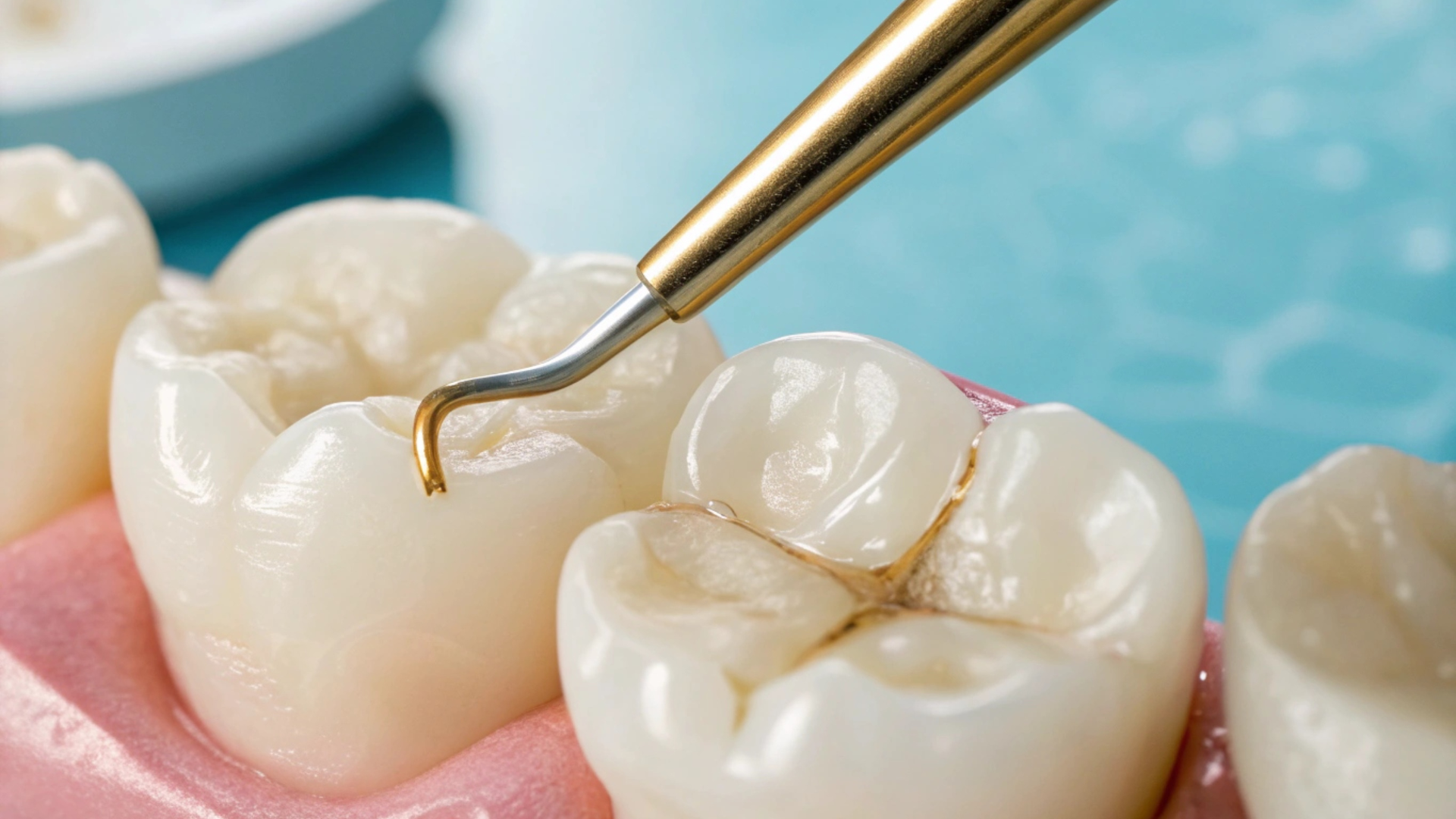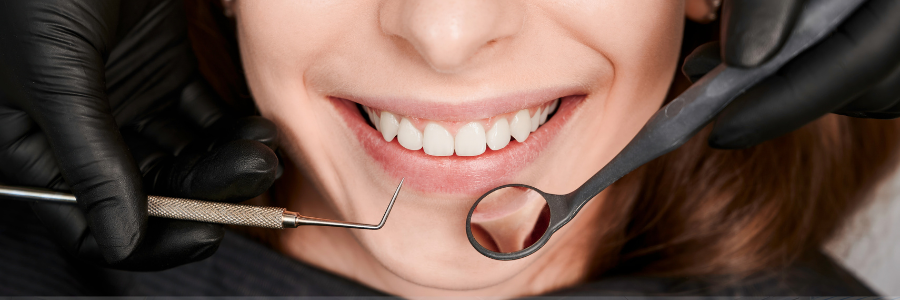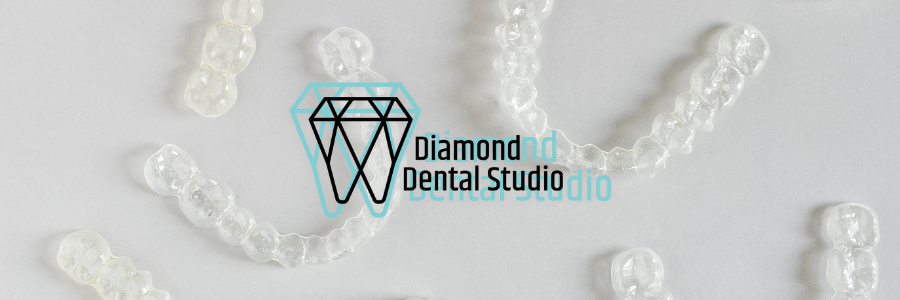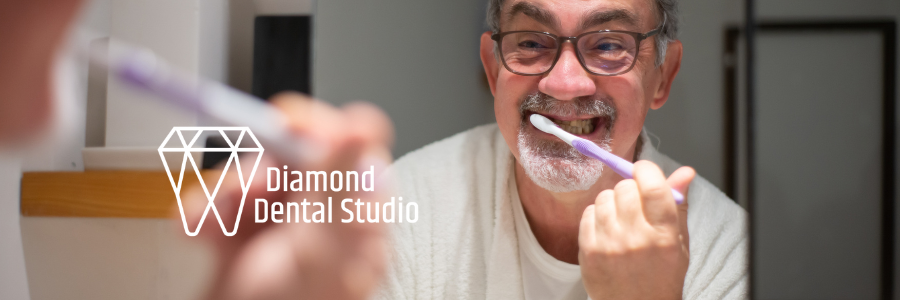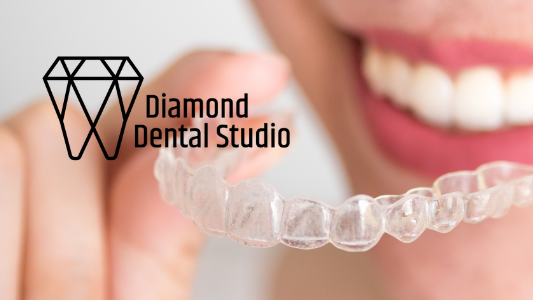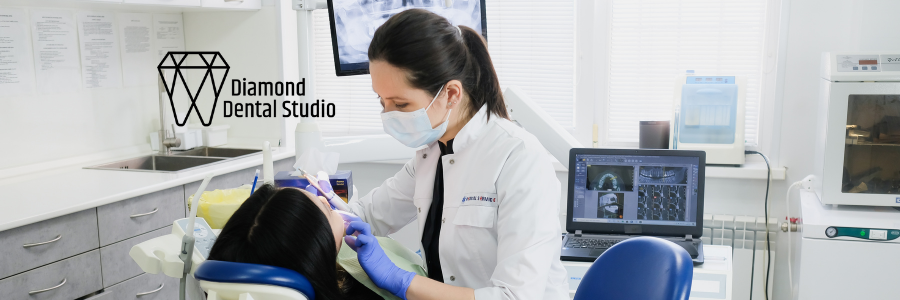What is the Goal of Preventive Dentistry?
Understanding Preventive Dentistry
Definition and Importance
Preventive dentistry focuses on keeping your teeth and gums healthy to avoid problems before they start. The main goal is to prevent dental issues rather than just treat them. This approach helps people maintain good oral health and can save money in the long run.Historical Background
Preventive dentistry has evolved over the years. In the past, people often waited until they had a problem before seeing a dentist. Now, regular check-ups and cleanings are encouraged to catch issues early. This shift has led to healthier smiles for many.Core Principles
The core principles of preventive dentistry include:- Regular dental visits: Seeing a dentist at least twice a year.
- Good oral hygiene: Brushing and flossing daily to keep teeth clean.
- Healthy diet: Eating foods that support oral health and avoiding sugary snacks.
Preventive dentistry is not just about avoiding cavities; it’s about ensuring overall well-being through good oral care.
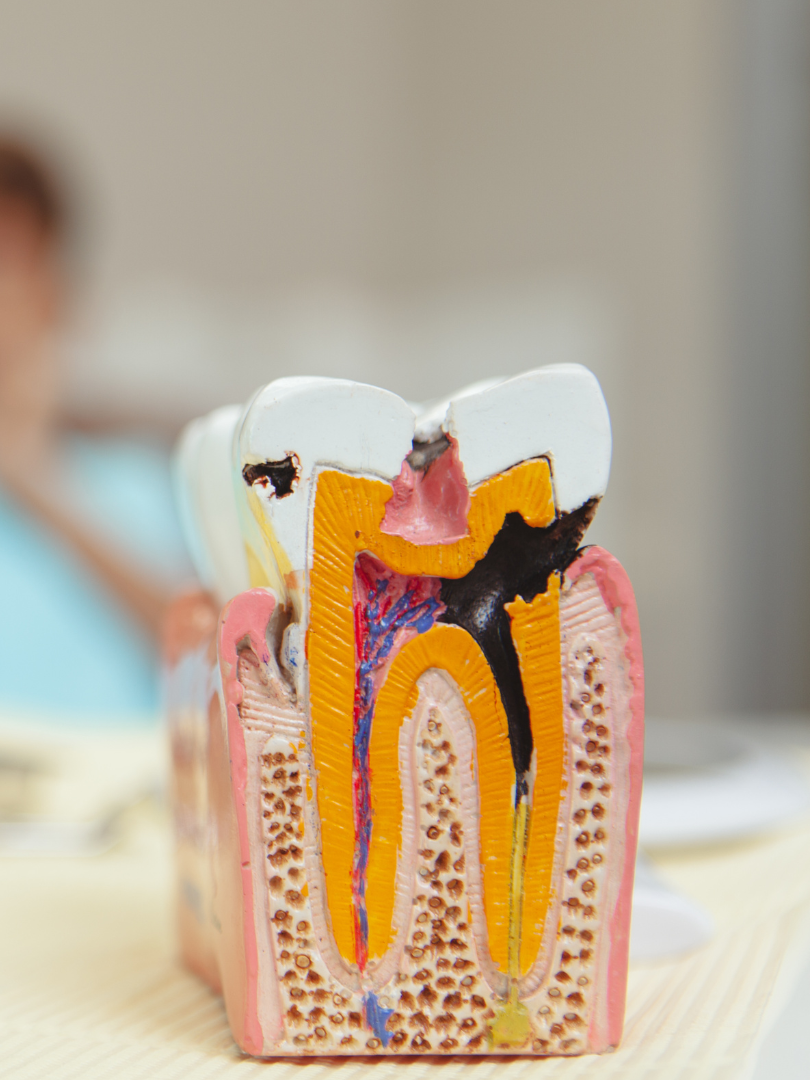
Common Preventive Dentistry Practices
Regular Dental Check-Ups
Regular dental check-ups are essential for maintaining good oral health. These visits help catch problems early before they become serious. Most people should see a dentist at least twice a year. During these visits, the dentist will:- Examine your teeth and gums for any issues.
- Take X-rays to look for hidden problems.
- Provide advice on how to improve your oral hygiene.
Professional Teeth Cleaning
Professional teeth cleaning is another key part of preventive dentistry. This process removes plaque and tartar that regular brushing might miss. It helps prevent cavities and gum disease. Here are some benefits of professional cleaning:- Removes stains for a brighter smile.
- Reduces the risk of bad breath.
- Helps maintain healthy gums.
Fluoride Treatments
Fluoride treatments are a simple way to strengthen teeth and prevent decay. Fluoride is a mineral that helps rebuild weakened tooth enamel. It is especially important for children, but adults can benefit too. Fluoride treatments can:- Be applied in the dentist's office.
- Come in the form of toothpaste or mouth rinses.
- Help reduce the chances of cavities.
Preventive dentistry is all about keeping your teeth and gums healthy. By following these practices, you can enjoy a lifetime of good oral health.
The Role of Diet in Preventive Dentistry
Impact of Sugar on Teeth
Sugar is one of the biggest enemies of dental health. When we eat sugary foods, bacteria in our mouths feed on the sugar and produce acid. This acid can harm our teeth and lead to cavities. Here are some key points to consider:- Limit sugary snacks and drinks.
- Choose healthier options like fruits and vegetables.
- Rinse your mouth with water after consuming sugar.
Nutritional Guidelines for Oral Health
Eating a balanced diet is essential for keeping your teeth and gums healthy. Here are some guidelines:- Include plenty of fruits and vegetables.
- Eat whole grains instead of refined grains.
- Choose lean proteins like chicken, fish, and beans.
- Drink plenty of water to stay hydrated.
Foods That Strengthen Teeth
Certain foods can help protect and strengthen your teeth. Consider adding these to your diet:- Dairy products like milk and cheese which are high in calcium.
- Leafy greens, which are rich in vitamins and minerals.
- Nuts and seeds, which provide healthy fats and nutrients.
A healthy diet benefits your teeth and supports your overall well-being. Good nutrition is a simple yet powerful way to prevent dental problems.
Preventive Dentistry for Children
Early Dental Visits
Starting dental visits early is crucial for children's oral health. The first visit should happen by age one or when the first tooth appears. This helps in:- Checking for any early signs of dental issues.
- Teaching parents about proper oral care for their kids.
- Making children comfortable with dental visits.
Sealants and Fluoride for Kids
Sealants and fluoride treatments are essential for protecting children's teeth. These methods help prevent cavities by:- Sealants : A thin coating applied to the chewing surfaces of back teeth to keep out food and germs.
- Fluoride : A mineral that strengthens teeth and makes them more resistant to decay.
- Regular applications can significantly reduce the risk of cavities.
Teaching Good Oral Hygiene Habits
Teaching kids how to take care of their teeth is essential. Here are some good habits to encourage:- Brushing twice a day with fluoride toothpaste.
- Flossing daily to remove food stuck between teeth.
- Limiting sugary snacks and drinks to protect their teeth.
Good oral hygiene habits learned in childhood can last a lifetime. Children can enjoy healthier smiles as they grow by instilling these practices early.
Preventive Dentistry for Adults
Maintaining Oral Health in Adulthood
Maintaining good oral health is crucial as we age. Regular care can help prevent serious dental issues. Here are some key practices:- Brush your teeth at least twice a day.
- Floss daily to remove food particles and plaque.
- Visit your dentist for check-ups every six months.
Preventing Gum Disease
Gum disease can lead to tooth loss and other health problems. To prevent it:- Use an antibacterial mouthwash.
- Avoid tobacco products.
- Eat a balanced diet rich in vitamins and minerals.
Oral Cancer Screenings
Oral cancer is a serious disease, but early detection is key. Regular screenings can help catch issues early. Here’s what to expect during a screening:- Your dentist will check for unusual lumps or sores.
- They may use special tools to look at your mouth closely.
- If needed, they will recommend further tests.
Taking care of your teeth and gums is not just about having a nice smile but your overall health. Regular dental visits and good hygiene can make a big difference.
The Connection Between Oral Health and Overall Health
Link to Heart Disease
Oral health is closely linked to heart health. Poor dental hygiene can lead to heart problems. Here are some key points:- Gum disease can cause inflammation, which may affect the heart.
- Bacteria from the mouth can enter the bloodstream and harm the heart.
- Regular dental check-ups can help prevent these issues.
Impact on Diabetes
People with diabetes often face oral health challenges. Maintaining good oral hygiene is crucial for:- Controlling blood sugar levels.
- Reducing the risk of gum disease.
- Preventing infections that can complicate diabetes.
Oral Health and Pregnancy
Pregnant women need to pay special attention to their oral health. Poor dental care during pregnancy can lead to:- Premature birth.
- Low birth weight.
- Increased risk of pregnancy complications.
Taking care of your teeth is not just about having a bright smile; it’s about keeping your whole body healthy. Regular dental visits and good hygiene can make a big difference.
The Role of Dentists in San Diego in Preventive Dentistry
Local Dental Services
Dentists in San Diego play a crucial role in preventive dentistry by offering various local services that help maintain oral health. These services include:- Regular check-ups to catch problems early.
- Teeth cleanings to remove plaque and tartar.
- Fluoride treatments to strengthen teeth and prevent decay.
Community Outreach Programs
Many dentists in San Diego are involved in community outreach programs. These programs aim to educate the public about the importance of oral health. Some activities include:- Free dental screenings for children and adults.
- Workshops on proper brushing and flossing techniques.
- Collaborations with schools to promote dental hygiene.
Patient Education Initiatives
Educating patients is a key part of a dentist's job. In San Diego, dentists focus on:- Teaching patients about the effects of diet on oral health.
- Providing information on how to prevent gum disease.
- Encouraging regular dental visits to maintain healthy teeth.
Preventive dentistry is not just about treating problems; it’s about stopping them before they start. By working together, dentists and patients can keep smiles bright and healthy.
Technological Advances in Preventive Dentistry
Digital X-Rays
Digital X-rays are a modern way to take pictures of your teeth and gums. They use less radiation than traditional X-rays and provide instant images. This technology helps dentists spot problems early, making treatment easier and more effective.Laser Dentistry
Laser dentistry is a technique that uses focused light to treat various dental issues. It can be used for:- Removing decay
- Treating gum disease
- Whitening teeth
This method is often less painful and can speed up recovery time.
Innovative Diagnostic Tools
New tools are being developed to help dentists diagnose problems more accurately. Some of these include:- Intraoral cameras that show detailed images of your mouth.
- 3D imaging systems that create a complete picture of your teeth and jaw.
- Software that helps track changes in your oral health over time.
These technological advances improve the quality of care and make dental visits more comfortable for patients.
Insurance and Preventive Dentistry
Coverage for Preventive Services
Many dental insurance plans cover preventive services to help keep your teeth healthy. These services often include:- Regular check-ups
- Cleanings
- X-rays
- Fluoride treatments
Understanding your insurance can help you take full advantage of these benefits.
Navigating Dental Insurance Plans
When looking at dental insurance, consider the following:- What services are covered?
- Are there any waiting periods?
- What is the maximum coverage limit?
- Are there any co-pays or deductibles?
Knowing these details can help you make informed choices about your dental care.
Cost-Effective Preventive Care
Preventive care can save you money in the long run. Here are some ways to keep costs down:- Use your insurance benefits wisely.
- Schedule regular visits to catch problems early.
- Follow good oral hygiene practices at home.
Preventive Dentistry During the COVID-19 Pandemic
Safety Protocols in Dental Offices
Dental offices implement several safety measures to protect patients and staff. These include:- Enhanced cleaning of all surfaces and equipment.
- Use of personal protective equipment (PPE) by dental professionals.
- Screening patients for symptoms of illness before appointments.
Telehealth Services
Many dental practices have used telehealth to provide care while minimizing in-person visits. This includes:- Virtual consultations to discuss dental concerns.
- Follow-up appointments are conducted via video calls.
- Guidance on maintaining oral health at home.
Maintaining Oral Health at Home
While regular dental visits are important, patients can also take steps to care for their teeth at home. Here are some tips:- Brush your teeth at least twice a day.
- Floss daily to remove food particles and plaque.
- Limit sugary snacks and drinks to protect your teeth.
Taking care of your teeth is essential, especially during challenging times. Following good oral hygiene practices can help prevent dental issues even when you can't visit the dentist as often.
Future Trends in Preventive Dentistry
Emerging Research
New studies are constantly being conducted to improve our understanding of oral health. Some key areas of focus include:- The relationship between oral health and overall health.
- The effects of new materials and techniques on dental care.
- Innovations in disease prevention methods.
Personalized Preventive Care
Tailoring dental care to individual needs is becoming more common. This means that:- Dentists may use genetic information to predict dental issues.
- Treatment plans can be customized based on a person’s lifestyle and habits.
- Regular assessments can help in adjusting care as needed.
Sustainable Practices in Dentistry
More dental practices are focusing on being eco-friendly. This includes:- Using materials that are safe for the environment.
- Reducing waste in dental offices.
- Promoting products that are sustainable and effective.
The future of preventive dentistry looks bright, with advancements that improve oral health and consider the planet's well-being.

